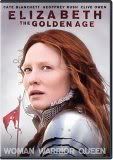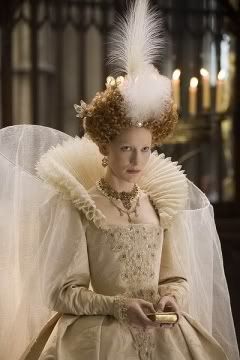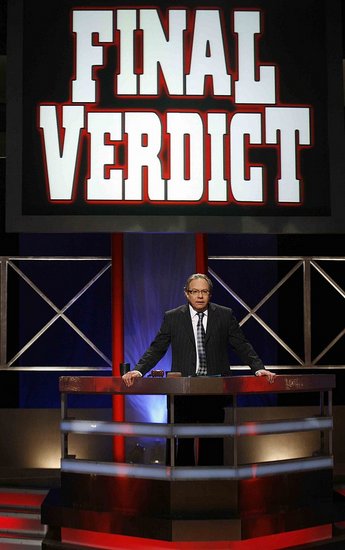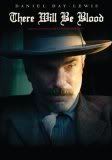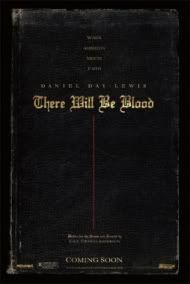Filmmakers casually giving the Catholic Church a swift kick in the shorts isn’t a new phenomena.
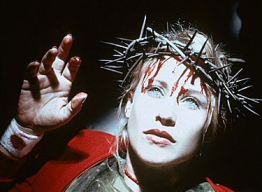 There have been a few films that take swipes at the church like: Stigmata, The Da Vinci Code, The Order, Priest, Constantine, Jeffrey, Hudson Hawk, Dogma, Saving Silverman, The Golden Compass, The Name of the Rose, Primal Fear, The Pope Must Die, Hail Mary, The Devils, The Magdalene Sisters, Chocolat, The Agnes of God, The Boys of St. Vincent, Mystic River, Casanova…It goes on from there. Add your titles to the list.
There have been a few films that take swipes at the church like: Stigmata, The Da Vinci Code, The Order, Priest, Constantine, Jeffrey, Hudson Hawk, Dogma, Saving Silverman, The Golden Compass, The Name of the Rose, Primal Fear, The Pope Must Die, Hail Mary, The Devils, The Magdalene Sisters, Chocolat, The Agnes of God, The Boys of St. Vincent, Mystic River, Casanova…It goes on from there. Add your titles to the list.Why is the Catholic Church so often the focus of attention rather than other Christians? First because the Church has a broad, international reach, and it has a deep influence on every culture it touches. The impact of the church as a worldwide organization is undeniable. This wide reach didn’t happen overnight. The Church has a long history that goes back to Biblical times. You cannot tell the story of mankind without talking a great deal about the workings of the Church. It is the backbone of the Christian faith.
Another reason Catholicism is so readily used as the entertainment industry’s personal diaper is because Catholics are so dang easy to spot. Priests, nuns, cardinals and Popes all wear easily identifiable uniforms. No one has ever said, "Hey, I was down at Chuck E. Cheese and thought I saw the Pope, it turned out it was Jerry." Even if Jerry likes to wander around with a large bejeweled hat, the Pope is the Pope. Think of it, if you’re a filmmaker and have a point to make about Christianity, what do you do? How do you readily show a Baptist preacher? You'd have to show a guy with big hair and a bad sweater. Even if you do this, you'll still have to point out he’s a Christian and not just some poorly dressed guy with a lot of opinions. For the sake of economy, it would be easier to just slap a collar on the guy and give him an Irish last name.
When filmmakers take shots at Christians in general it always causes an uproar. When the target of the insult is Catholic, the cries of foul often are quieter. Sure, with groups like The Catholic League and the well organized online bloggers few insults go unanswered. For non-Catholics the attacks are usually treated as someone else's problem. If a Christian sees a cheap shot at a priest or a story centering on the Church's misdeeds (both imagined and real) and that Christian isn't troubled, there's a problem. The truth be told, all Christians should react strongly when any of our brothers and sisters - even those we disagree with - are maligned. The fact is that when filmmakers attack the Catholic faith more times than not their real intent is to attack ALL Christians from Catholic, to Lutheran and
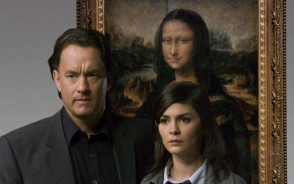 Baptist to everyone in between. Religion in general is the target, not just one branch of it. If you look at films that specifically focus on the Catholic faith such as Elizabeth: The Golden Age, or The Golden Compass study what they are really saying. They're usually not just attacking the Catholic religion, they're attacking all religion. The following of Christ is the issue. If one can injure Christians and dismantle our collective faith, the vacuum that is created can be filled with a secular belief system. When actor Ian McKellen stated on the Today show “I've often thought the Bible should have a disclaimer in the front saying this is fiction.” he speaks for a large number of people in the entertainment industry. Should it come as any surprise that McKellen, a proud hater of the Christian faith, has had ample opportunity to star in a number of films that are openly hostile to God (The Da Vinci Code, The Golden Compass, For the Love of God)? Those who loathe Christ and his teachings have a voice and they use it freely with the support of the film industry. Do not fool yourself, those willing to tear the Catholic Church down do not usually trouble themselves with the distinction in theology between the Pope and Billy Graham. When they throw these cinematic eggs at the Vatican they are meant to splatter on us all.
Baptist to everyone in between. Religion in general is the target, not just one branch of it. If you look at films that specifically focus on the Catholic faith such as Elizabeth: The Golden Age, or The Golden Compass study what they are really saying. They're usually not just attacking the Catholic religion, they're attacking all religion. The following of Christ is the issue. If one can injure Christians and dismantle our collective faith, the vacuum that is created can be filled with a secular belief system. When actor Ian McKellen stated on the Today show “I've often thought the Bible should have a disclaimer in the front saying this is fiction.” he speaks for a large number of people in the entertainment industry. Should it come as any surprise that McKellen, a proud hater of the Christian faith, has had ample opportunity to star in a number of films that are openly hostile to God (The Da Vinci Code, The Golden Compass, For the Love of God)? Those who loathe Christ and his teachings have a voice and they use it freely with the support of the film industry. Do not fool yourself, those willing to tear the Catholic Church down do not usually trouble themselves with the distinction in theology between the Pope and Billy Graham. When they throw these cinematic eggs at the Vatican they are meant to splatter on us all.
 When I first received
When I first received 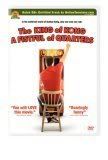


 The book
The book  This being the 150th anniversary of the apparition in Lourdes of the Blessed Virgin Mary to St. Bernadette, Paulist Press commissioned Elizabeth Ficocelli to do a book covering
This being the 150th anniversary of the apparition in Lourdes of the Blessed Virgin Mary to St. Bernadette, Paulist Press commissioned Elizabeth Ficocelli to do a book covering 